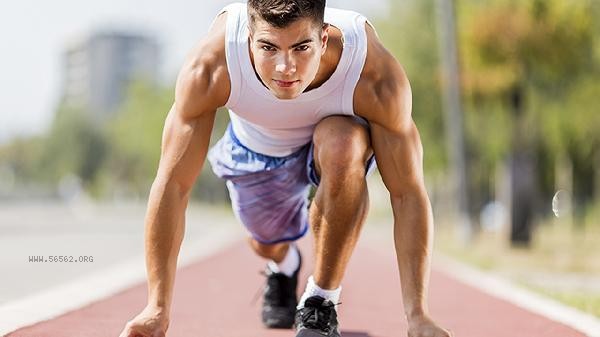It is recommended to replenish water in small amounts and multiple times during fitness exercise. It is necessary to drink water reasonably before, during, and after exercise, and can choose light salt water or sports drinks containing electrolytes.

Drink an appropriate amount of water in small portions two hours before exercise to avoid gastrointestinal discomfort caused by drinking a large amount of water at once. During exercise, replenish a small amount of water every 15-20 minutes, with a recommended drinking volume of 100-200 milliliters per session. In high temperature environments, the hydration interval can be shortened. When high-intensity exercise lasts for more than 1 hour, electrolyte drinks containing sodium and potassium can be used to help maintain fluid balance. After exercise, continuous hydration is necessary, and the total amount of hydration should reach 1.5 times the amount of sweat loss. Ideally, urine should be light yellow in color.

In special circumstances, it is necessary to adjust the hydration strategy. Individuals with heart or kidney diseases should control their water intake under the guidance of a doctor to avoid exacerbating organ burden. When engaging in endurance sports such as marathons, it is necessary to develop a personalized hydration plan in advance to prevent the occurrence of hyponatremia. Some people are prone to muscle spasms after exercise, and magnesium supplementation can be appropriately increased. When diabetes patients choose sports drinks, they should pay attention to the sugar free formula. During fitness, in addition to paying attention to water intake, it is also necessary to adjust hydration plans based on exercise intensity and environmental temperature. Daily observation of urine color can determine the body's moisture status and avoid long-term dependence on sweet drinks. Moderate consumption of fruits and vegetables containing water, such as watermelon and cucumber, after exercise can not only replenish water but also obtain natural electrolytes. If dehydration symptoms such as dizziness and nausea occur, exercise should be stopped immediately and medical examination should be sought.








Comments (0)
Leave a Comment
No comments yet
Be the first to share your thoughts!